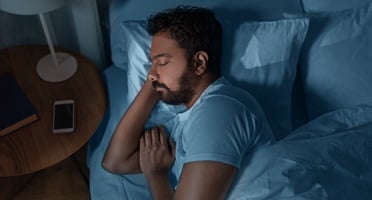
Sleep apnea is a common but often undiagnosed sleep disorder affecting millions of adults in the United States. An estimated 29.4 million American adults have sleep apnea, yet 80% remain undiagnosed and untreated.
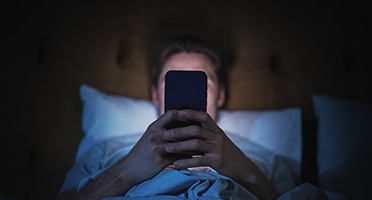
In our fast-paced, digitally driven world, we find ourselves in front of screens all day long, right up to the time we go to bed. All that constant exposure to computer screens, tablets, phones, and other devices can impact the quality of sleep we get, particularly if we don't put the devices away early enough. As we head into spring, when everything is coming back to life, why not breathe life into your sleep by enforcing a little digital detox?
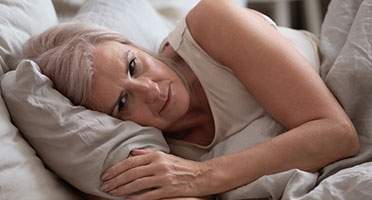
Getting good sleep is crucial to our overall health and well-being. It is the foundation for a healthy lifestyle and is essential for mental fortitude. A good night's sleep not only promotes physical health but also helps improve our mood and prevent mood swings, irritability, anxiety, and depression. However, as we age, it can become increasingly difficult to get proper sleep, and we may not even realize it at first. To better understand the science of sleep, we need to know what our body needs, be aware of the symptoms of poor sleep, and explore ways to improve our sleep quality to become a happier and healthier version of ourselves.
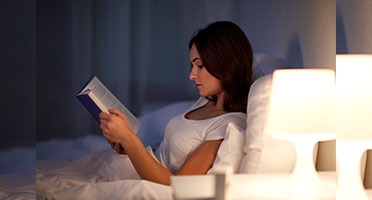
There are few things as important as getting good sleep, yet we have many behavior patterns that can leave us tired each morning without realizing it. While a few nights of poor sleep aren't so bad, it isn't good to get into a habit. Your body needs quality sleep. It is important for brain function and mental health. What's more, poor sleep can lead to chronic physical health problems. Who needs that? Let's make 2024 the year you started getting better sleep. Here are ten tips that can help you sleep better.
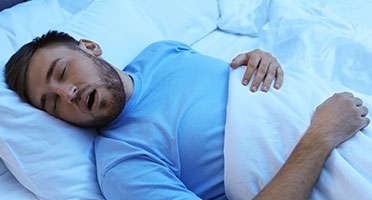
Many couples joke about their partner’s snoring and often kick the snoring spouse to the couch or guest room, but snoring may indicate a severe medical condition such as Obstructive Sleep Apnea. While snoring may seem like an annoyance that you have to put up with because your marriage vows say you have to take the good and the bad until death do you part, snoring is the sound people make when they struggle to breathe during sleep.
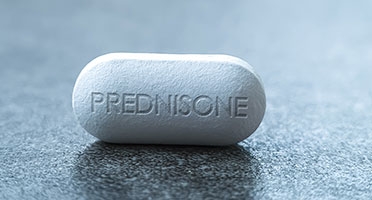
Before diving into what drugs may contribute to sleep apnea, it’s important to clarify that the upcoming list of medications has not been shown to cause Obstructive Sleep Apnea (OSA), the most common of the three types of sleep apnea. However, these medications result in weight gain and some other symptoms tied to sleep apnea.
We encourage you to never stop taking medication until speaking to the prescribing physician. The information contained here is meant to show you that sleep apnea results from several factors—medication is just one of those many factors.

Millions of Americans are plagued with poor sleep. Night after night, no matter how exhausted they are, sleep eludes many people, and a blissful night of eight hours of sleep is a rare occurrence. Some people haven’t had a restful night of sleep in their entire adult lives, while others are just now having sleep-related issues for the first time.
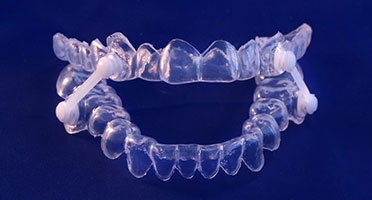
Finding out that you have obstructive sleep apnea is equal parts relief and uncertainty. On the one hand, you’ve finally discovered the cause of your snoring, daytime sleepiness, and cognitive changes. On the other hand, you’re left with a choice, should you use CPAP or oral appliance therapy to treat your sleep apnea?
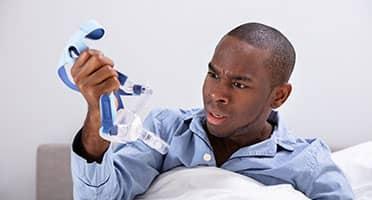
Did you know that sleep apnea is 80% undiagnosed? That means that most people with sleep apnea don’t know they have it or have a suspicion that they do but haven’t been tested. That’s a scary thought because non-diagnosis means non-treatment. And when you go without sleep apnea treatment, you succumb to sleep apnea’s symptoms and put yourself at risk for other conditions that can arise due to sleep apnea.
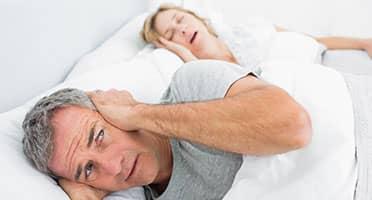
Sleep apnea is a sleep-disordered breathing condition characterized by pauses in breathing while you sleep. These pauses last anywhere from several seconds to much longer, depending on the severity of your condition, and can happen hundreds of times per night. Sleep apnea leaves you unrested and irritable with headaches, memory problems, and more. If you’re experiencing sleep apnea symptoms, get a home sleep test from SleepTest.com to find out if you have sleep apnea, what type you have, its severity, and your treatment options.



